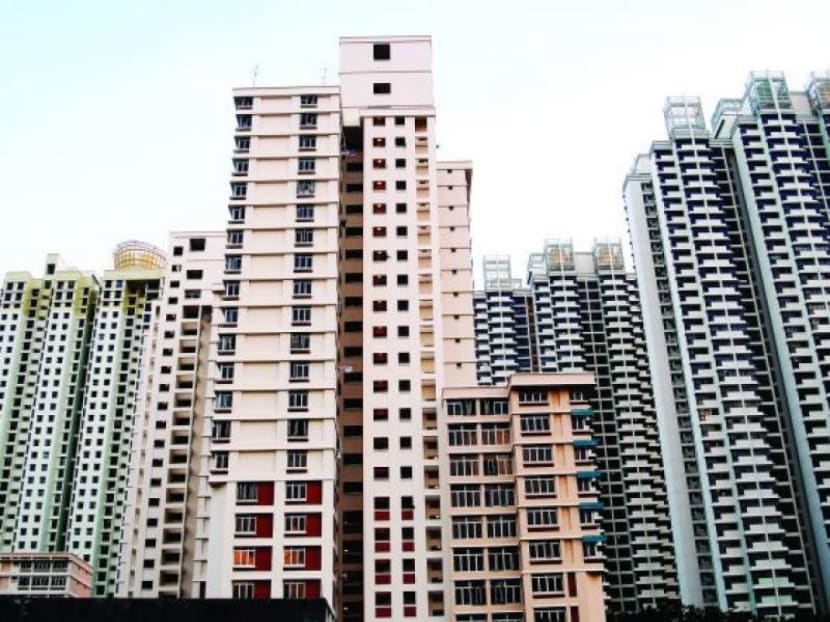Smart screens in HDB blocks to provide local information
SINGAPORE — The lift landings of all public housing blocks are set to be installed with smart screens providing useful information on transport and weather for the community, Environment and Water Resources Minister Vivian Balakrishnan announced today (April 8).
SINGAPORE — The lift landings of all public housing blocks are set to be installed with smart screens providing useful information on transport and weather for the community, Environment and Water Resources Minister Vivian Balakrishnan announced today (April 8).
These screens will project information on bus timings, weather conditions and community events within each precinct. Speaking to reporters on the sidelines of the Internet of Things (IoT) Asia conference, Dr Balakrishnan said the move was meant to foster greater cohesion among residents.
“The concept is this: To provide relevant information and opportunities for interaction for local communities (by) leveraging on technological tools available,” said Dr Balakrishnan, who is also Minister-in-Charge of Smart Nation. “I want to get people looking at more than just a personal screen they hold in the palm of their hands, I want people to do things together and share collective experiences. This is part of nation-building 3.0.”
Eventually, every block in every precinct will have the opportunity to exploit new technologies in “transforming the way we live, work, play, organise ... build common experiences, generate memories and bring up our children”, he said.
Trials for these smart screens have started in some precincts. When contacted, a spokesperson from the Smart Nation Programme Office said more information on the trials would be shared later.
Last year, Prime Minister Lee Hsien Loong said the push for Singapore to become a Smart Nation was about making life better for people. He believed it would help Singapore stay ahead of other cities, such as Shanghai and San Francisco. Several initiatives, such as some that involve driverless cars and monitoring, and alert systems in the homes of the elderly, are already under way.
Noting that there are concerns about privacy and security breaches with the use of such technology, despite the “great potential” of the Smart Nation plans to improve the healthcare, transport, environment and logistics sectors, Dr Balakrishnan assured that laws and policies will keep up with the expanded use of technology.
Pointing out that the lack of ideas was a key challenge, Dr Balakrishnan urged businesses to share their ideas for a Smart Nation, adding that the Government would be their “reference customers”.
“Make us your best offers, your best ideas. Because you know we are sceptical, knowledgeable and demanding customers, if you can convince me into buying or using your product, you can use that as your calling card in other parts of the world,” he said.
The conference, now in its second year, saw more than 85 speakers from 16 countries come together to discuss how to apply, evaluate and implement IoT technologies — the term used for situations where people can transfer data over a network without the need for human-to-human or human-to-computer interaction. More than 40 companies exhibited their products.







